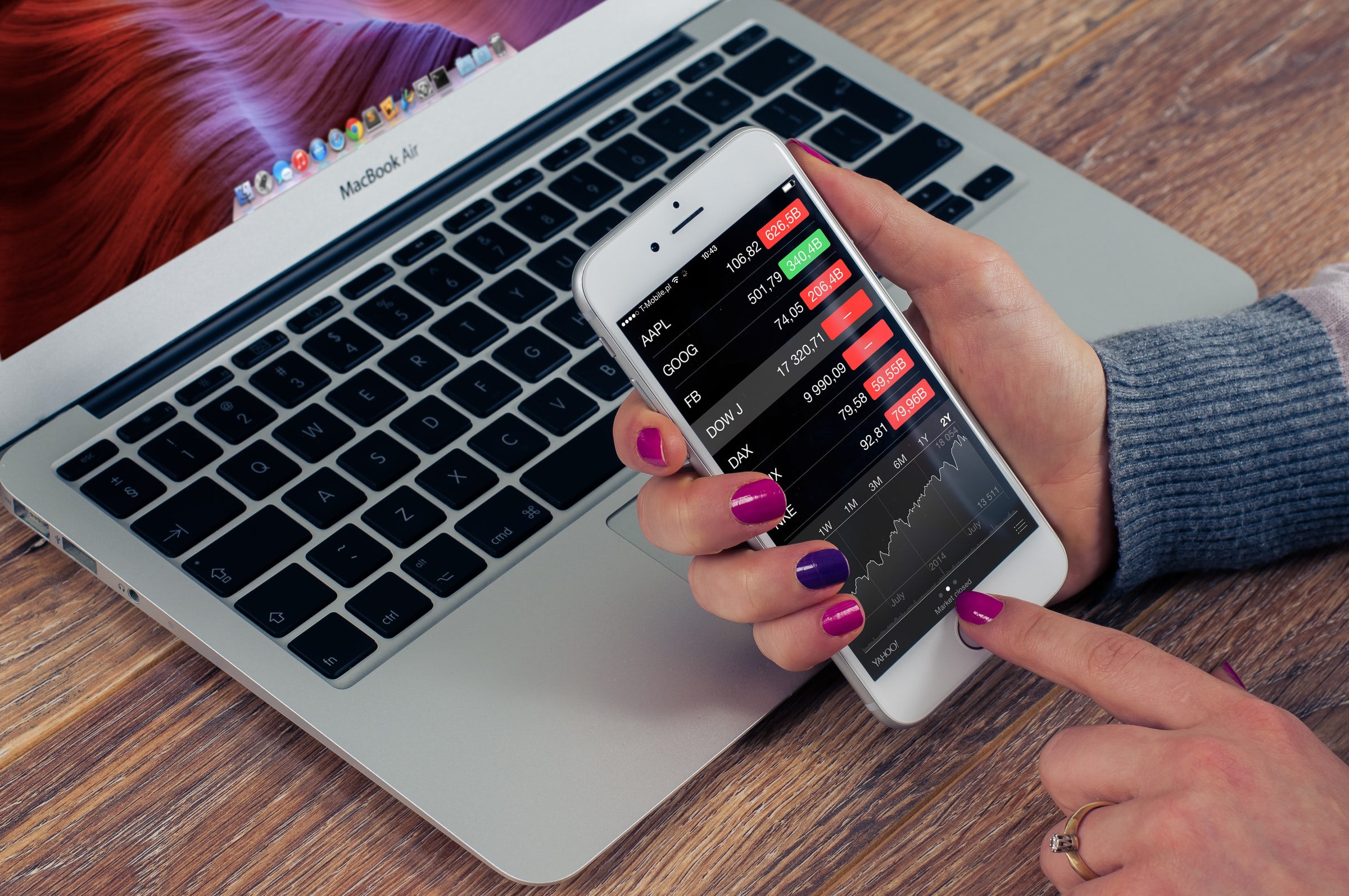Products are a significant part of most American’s everyday life. An item is an essential decent utilized in business that is exchangeable with different merchandise of a similar sort. Conventional instances of items incorporate grains, gold, hamburger, oil, and gaseous petrol – Commodity Trading.
For financial backers, products can be a significant method to differentiate their portfolios past customary protections. Since the costs of products will in a general move contrary to stocks, a few financial backers likewise depend on items during times of market unpredictability.
Previously, product exchanging required huge measures of time, cash, and mastery, and was essentially restricted to proficient brokers. Today, there are more alternatives for taking part in the ware markets.
A History of Commodities Trading
Exchanging products is an antiquated calling with a more drawn out history than the exchanging of stocks and bonds. The ascent of numerous realms can be straightforwardly connected to their capacity to make complex exchanging frameworks and work with the trading of wares.
On current occasions, items are as yet traded all through the world. An items trade alludes both to an actual area where the exchanging of wares happens and to lawful substances that have been framed to authorize the principles for the exchanging of normalized ware contracts and related venture items.
A few items trades have combined or left business lately. Most of the trades convey a couple of various wares, albeit some represent considerable authority in a solitary gathering. In the U.S., there is the Chicago Mercantile Exchange (CME), the New York Mercantile Exchange (NYMEX), the Intercontinental Exchange (ICE) in Atlanta, Georgia, and the Kansas City Board of Trade. In Europe, there is the London Metal Exchange (LME). As its name suggests, the London Metal Exchange just arrangements with metals.
Exceptional Characteristics of the Commodities Market
In the broadest sense, the fundamental standards of market interest are what drive the wares markets. Changes in supply sway the interest; low stock equivalents greater costs. So any significant interruptions in the stockpile of awareness, for example, a far-reaching medical problem that impacts steers, can prompt a spike in the for the most part steady and unsurprising interest for animals.
Worldwide financial turn of events and innovative advances can likewise affect costs. For instance, the rise of China and India as huge assembling players (in this manner requesting a higher volume of mechanical metals) has added to the declining accessibility of metals, like steel, for the remainder of the world.
Sorts of Commodity
Products that are exchanged are ordinarily arranged into four classifications general classifications: metal, energy, animals and meat, and horticultural commodity.
Metals
Metals wares incorporate gold, silver, platinum, and copper. During times of market unpredictability or bear showcases, a few financial backers may choose to put resources into valuable metals. Especially gold–on account of its status as a solid, reliable metal with genuine, conveyable worth. Financial backers may likewise choose to put resources into valuable metals as support against times of high expansion or cash degrading.
Energy wares incorporate raw petroleum, warming oil, flammable gas, and fuel. Worldwide monetary turns of events and scaled-down oil yields from setting up oil wells all throughout the planet. It has generally prompted rising oil costs, as interest for energy-related items has gone up while oil supplies have dwindled.
Utilizing Futures to Invest in Commodities
One approach to put resources into products is through a prospects contract. A fates contract is a legitimate consent to purchase or sell a specific item resource at a foreordained cost at a predefined time later on. The purchaser of a fates contract is assuming the commitment to purchase and get the basic item when the prospects contract lapses.
The dealer of the fates contract is assuming the commitment to give and convey the hidden item at the agreement’s lapse date. Prospects contracts are accessible for each classification of ware. Ordinarily, there are two sorts of financial backers that partake in the fates markets for products. Business or institutional clients of the items and theoretical financial backers commodity.
Makers and specialist co-ops use fates contracts as a feature of their planning interaction to standardize expenses and lessen income-related migraines. Makers and specialist organizations that depend on wares for their creation interaction may take a situation in the items markets. As a method of diminishing their danger of monetary misfortune because of an adjustment of cost.



